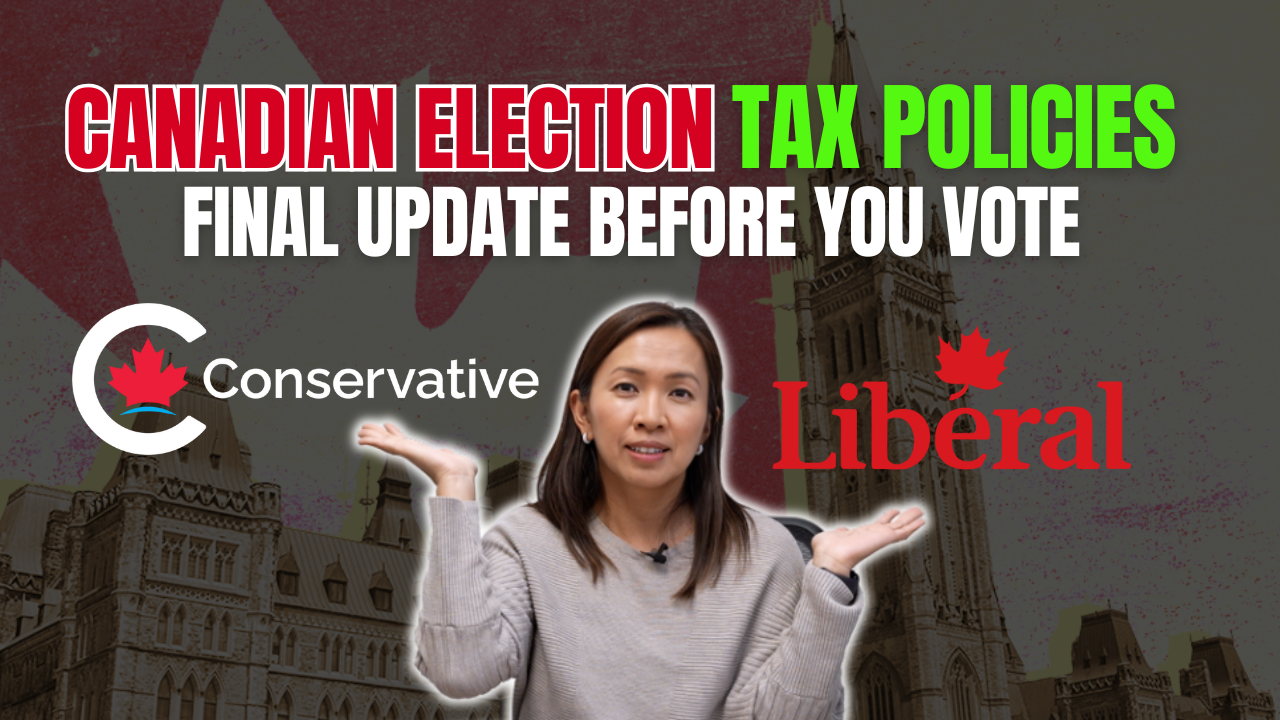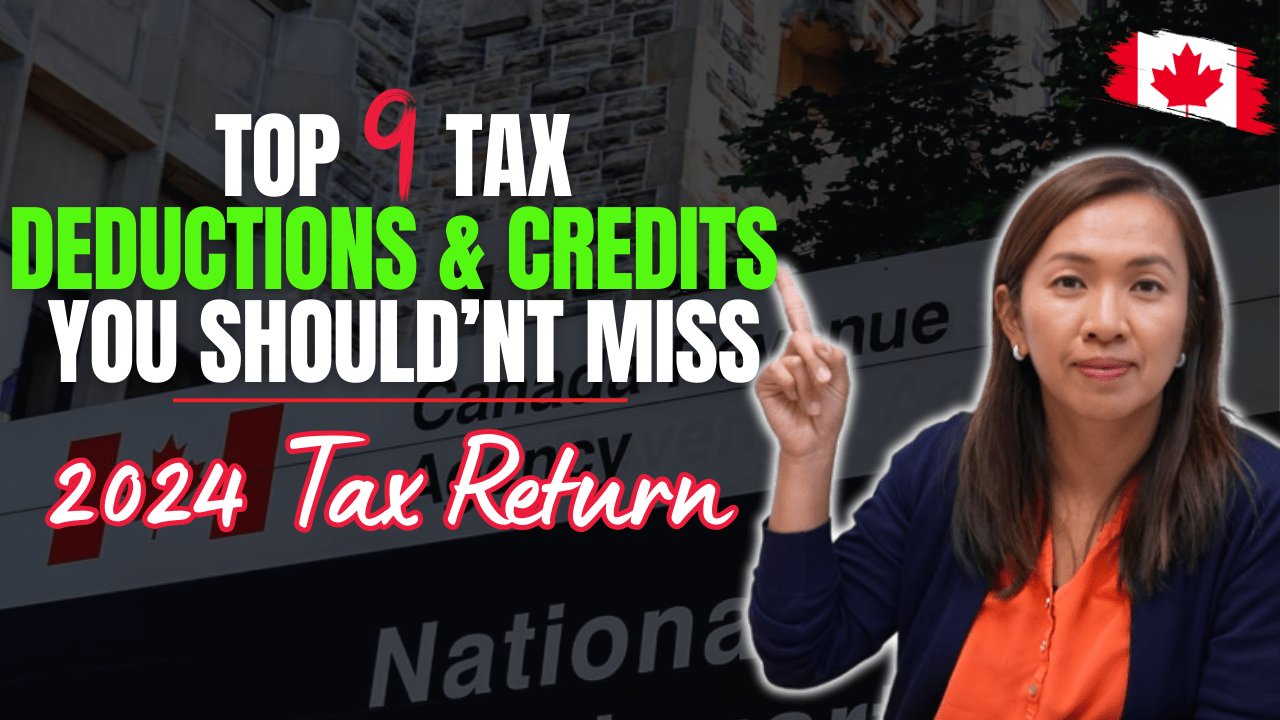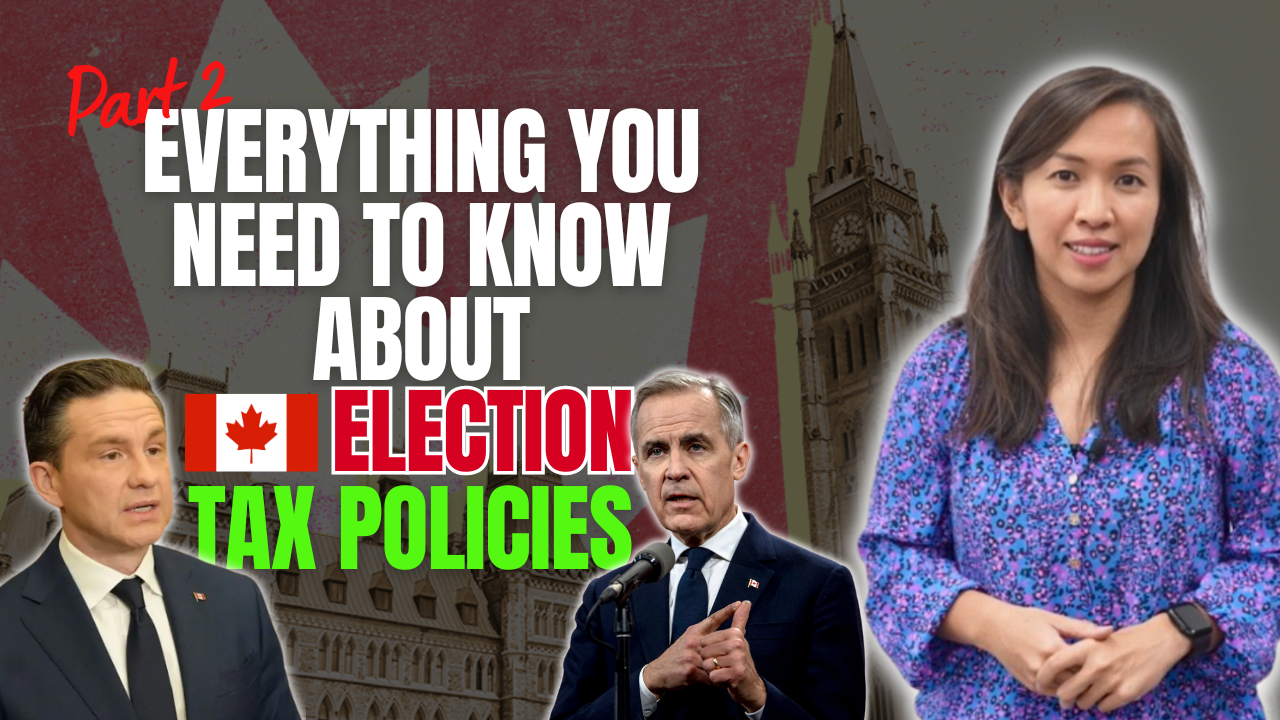We’ve officially wrapped up this year’s tax season—what a relief! After reviewing many tax returns, one thing stood out clearly: many homeowners and investors are facing significantly higher mortgage interest costs, with some even experiencing real financial losses. That’s why now is the perfect time to explore strategies to ease these payments.
To address this, we recently hosted an exclusive webinar for our clients featuring mortgage expert Scott Dillingham from LendCity. Scott provided valuable insights and shared practical strategies that have helped many homeowners effectively reduce their monthly mortgage expenses.
4 Practical Ways to Reduce Your Mortgage Payments
Here are some real-life client examples that Scott discussed, highlighting how these strategies can create significant financial relief:
1. Refinancing for a Better Rate
Many of us have recently renewed mortgages initially obtained at historically low rates. Some homeowners locked into higher fixed mortgage rates, and this may be an excellent time to reconsider switching from a fixed rate to a variable rate.
One of Scott’s clients transitioned from a fixed rate of 5.5% to a variable rate of 4.2%, saving over $15,000 over three years. Those savings can make a significant difference—whether used for reinvestment or simply providing additional financial flexibility.
2. Consolidating High-Interest Debts
Many people carry high-interest debt, such as car loans and credit card balances, intending to pay them off quickly. Unfortunately, several years later, the debt remains substantial.
A client faced such a situation, carrying high-interest debts averaging over 18%. By consolidating these into their mortgage at a rate of 4.5%, they immediately reduced monthly expenses by over $600. Imagine the relief of significantly cutting those monthly obligations!
3. Extend Your Mortgage (Reamortization)
One client was concerned about increasing monthly payments due to their new pre-construction home. Scott helped them transfer their mortgage to another lender and extend their term from 25 to 30 years, reducing monthly payments by about $400.
Similarly, another client with a rental property was experiencing negative cash flow due to rising rates. Refinancing and extending their mortgage term from 25 to 30 years helped maintain positive cash flow and secure their investment.
4. Switching to Interest-Only Payments via HELOC
Previously, using a Home Equity Line of Credit (HELOC) to finance a rental property was typically reserved for private wealth clients. Now, this option is becoming more accessible to the general public.
Scott explained that by financing through a HELOC instead of a traditional mortgage, you could opt for interest-only payments. One client who chose this route substantially lowered their monthly payments, freeing cash for investments and emergency savings.
A Practical Example:
A client was preparing to close on her pre-construction condo in Toronto. Despite owning her primary home and a rental property, both she and her husband, earning six-figure salaries, faced challenges securing traditional mortgage financing due to market conditions.
Scott conducted a thorough review of their entire financial and mortgage situation. He refinanced their primary residence mortgage, lowered their monthly payments, provided a HELOC for additional liquidity at closing, and secured a mortgage commitment with reasonable interest rates from another bank.
The key lesson here is the importance of reviewing your overall debt structure comprehensively, exploring ways to save money, increasing liquidity, and preparing backup plans.
Million-Dollar Question: Should You Go Fixed or Variable?
Currently, variable mortgage rates hover around 4.79%, while fixed rates are slightly lower at around 4.59%, according to TD Bank.
Variable rates are tied to the Bank of Canada’s overnight lending rate, which is expected to decrease by an additional 50 basis points later this year. Conversely, fixed rates, tied to bond rates, have recently increased.
Scott advises choosing a variable rate in the short term due to economic outlooks and anticipated rate cuts by the Bank of Canada. This also offers flexibility for potential refinancing or selling. When fixed rates decrease further, locking in at a lower fixed rate long-term may be prudent.
Interest Rates Are Personalized:
It’s essential to remember that the quoted lowest market rates aren’t available to everyone. Rates vary based on individual risk profiles, credit history, mortgage amounts, and debt levels. They also differ depending on whether the property is a primary residence or rental and whether you are renewing or transferring a mortgage.
Always consult a mortgage professional when renewing or refinancing your mortgage.
Final Thoughts
Efficient mortgage management can be a game-changer, especially amid high-interest rates. With strategic advice and professional guidance, you can turn financial challenges into opportunities.
Want personalized assistance exploring these strategies? Please reach out—I’m here to help!
Until next time, happy Canadian Real Estate Investing.
Cherry Chan, CPA, CA
Your Real Estate Accountant





